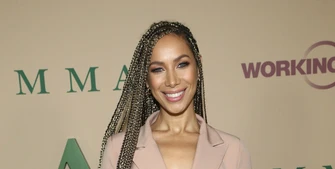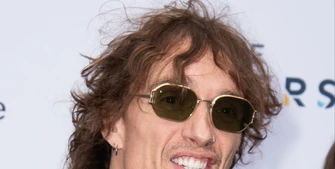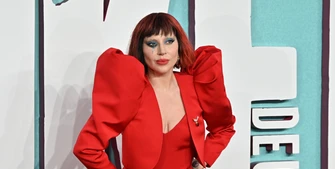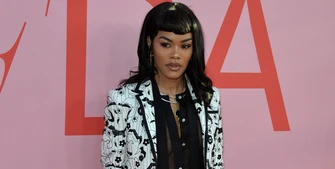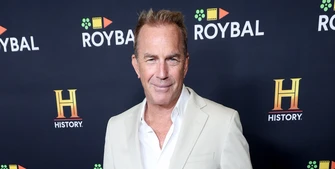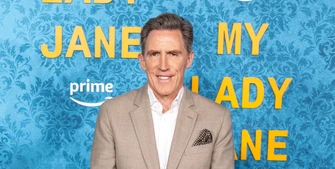'I'm a disability hire': Sharon Stone misses out on work because she needs eight hours of sleep to prevent seizures
Sharon Stone "needs" eight hours of sleep a night so she doesn't have seizures and claimed it is one of the reasons why she doesn't "get hired a lot" anymore.
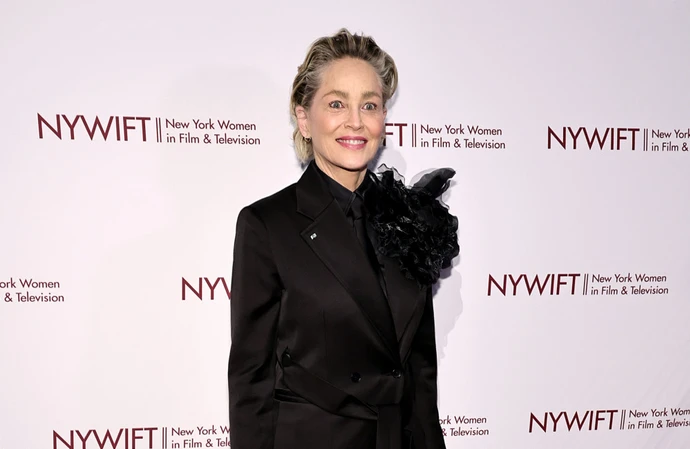
Sharon Stone "needs" eight hours of sleep a night so she doesn't have seizures.
The 65-year-old actress was given just a one percent chance of making it through alive after she suffered a nine-day bleed on her brain in 2001, and she admitted she doesn't "get hired a lot" these days because of the way she needs to manage the ongoing effects of what happened to her.
She told People magazine: "I've become more comfortable with publicly saying what's really happened to me [now].
"For a long time I wanted to pretend that I was just fine.
"I need eight hours of uninterrupted sleep for my brain medication to work so that I don’t have seizures. So I’m a disability hire, and because of that I don’t get hired a lot. These are the things that I’ve been dealing with for the past 22 years, and I am open about that now."
Following her hospitalisation, the 'Basic Instinct' star was "stuttering" and not "seeing correctly", as well as suffering from memory loss, but it wasn't only her health issues and the lack of work opportunities that rocked her.
Sharon's marriage to Phil Bronstein - with whom she adopted son Roan, now 23 - subsequently broke down and they divorced 2001, and not only did she feel as though she had "lost everything" , she still doesn't think she "got most of it back", but it's something she's made peace with now.
She said: "I lost everything. I lost all my money. I lost custody of my child. I lost my career. I lost all those things that you feel are your real identity and your life."
"I never really got most of it back, but I’ve reached a point where I’m okay with it, where I really do recognise that I’m enough."
The 'Casino' actress - who also has Laird, 18, and 17-year-old Quinn - has grown to appreciate the fact she doesn't have to take care of everyone else and it is OK for her to admit to her own vulnerabilities.
She said: "I come from a very broken family. I grew up believing that taking care of everybody else was what I was supposed to do. It took me a long time to understand that I had a life of my own and that I didn’t have to fix it for everybody else, and that it was okay for me to receive care, for me to be enough as a disabled person.
"I feel proud of myself and proud of my accomplishments — from surviving to helping others survive."

